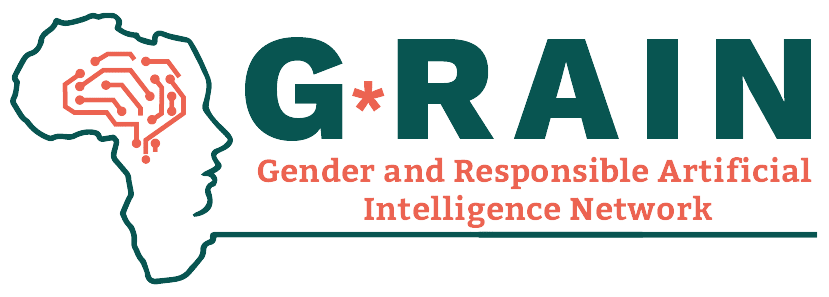UNESCO and the European Commission have just signed an agreement to speed up the worldwide implementation of the UNESCO Recommendation on the Ethics of Artificial Intelligence, which will be adopted in November 2021 by the Organisation's 193 Member States. A budget of €4m will be earmarked to support low-income countries in implementing their national legislation.
Since November 2021, the UNESCO Recommendation on the Ethics of Artificial Intelligence has provided a common normative framework for all countries in the world. Nearly 30 countries have already begun drafting their national legislation on the basis of this Recommendation, ensuring that artificial intelligence respects fundamental freedoms and human rights, and benefits all humanity.
"Faced with the pressing challenges posed by AI, we need to move faster by providing more support to low-income countries. I welcome the European Commission's decision to join UNESCO in supporting these countries by funding the mobilisation of experts and the organisation of training courses. This is multilateral cooperation at its best", said Audrey Azoulay, Director-General of UNESCO.
At a time of growing concern about generative AI, the partnership between UNESCO and the European Commission will help low-income countries to develop their national strategies and regulations. The European Commission will provide €4 million for this purpose.
Among the initiatives financed by this agreement is the establishment by UNESCO of a global team of experts, the "AI Ethics Experts Without Borders". This team will provide on-demand support and tailor-made public policy advice to strengthen the capacity of Member States' institutions to implement the Recommendation.
UNESCO will organise an annual Global Forum on the Ethics of AI, which will serve as a training platform and enable AI stakeholders from around the world to share best practices. UNESCO will also develop a toolkit on AI for actors in the judicial system.
About the Recommendation
The UNESCO Recommendation is the first universal standard-setting framework for the ethics of artificial intelligence. It was unanimously adopted by UNESCO's 193 Member States in November 2021. It is based on the promotion and protection of human rights, human dignity and environmental sustainability. It advances principles such as the rule of law, and includes concrete policy chapters that call for better data governance, inclusiveness and gender equality.
Not that long ago, people lived and functioned in tight communities. Every vendor knew their customers personally and could make...
This Machine Learning Glossary aims to briefly introduce the most important Machine Learning terms - both for the commercially and...




